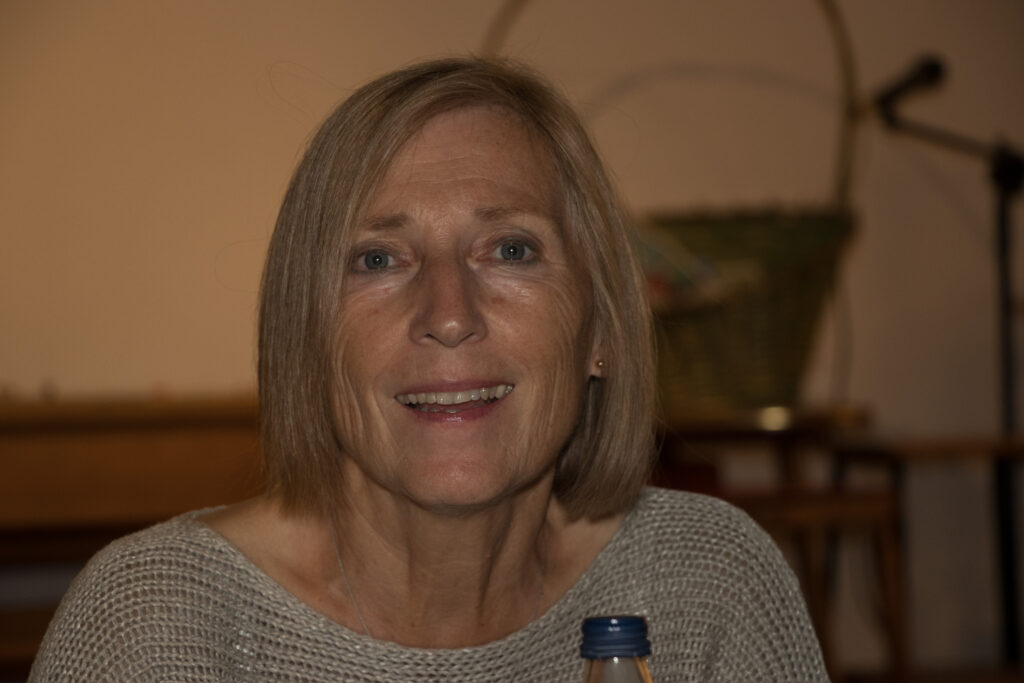
Brigitte Hipfl is Associate Professor Emerita in the Department of Media and Communication Studies at the University of Klagenfurt, Austria. Her research explores media, gender, race and the affective dynamics of media with a focus on issues related to subjectivity, migration, solidarity, and memory.
e-mail: Brigitte.hipfl@aau.at
“The potential of CMW for thinking and living ‘the anti-fascist life'”
I would like to contribute to the symposium with a discussion about the potential of collective memory work for thinking and living ‘the anti-fascist life’. The background to my contribution is the increase in explicit expressions of authoritarianism and fascism that we are currently witnessing around the world.
In contrast to dominant tendencies that analyze totalitarian structures and try to understand those who are considered to be followers of fascist leaders, I refer to Félix Guattari’s statement that “everybody wants to be a fascist”. Guattari claims that fascism is not something of the past, but is installed in social institutions, in everyday life and in ourselves, in our conscious and unconscious structures, in our very desires. As Dolphijn and Braidotti point out (2022, 7), the “’fascist inside you’ is this totalitarian entity that dispels relational connections and instils suspicion and hatred. It leads to scapegoating instead of pursuing adequate understandings of one’s condition” (Dolphijn/Braidotti 2022, 7). For Rick Dolphijn and Rosi Braidotti (2022), among others, the only way to undo the fascist within and to live ‘the anti-fascist life’ is to acknowledge one’s attachment to dominant formations and power structures which materialize as microfascist practices in everyday life.
These microfascisms are defined by negativity, by turning vulnerability and pain into rage and cynicism, and fear into hatred. What is needed – again and again – is to discover the microsfascims (which are not only on the right of the political spectrum, but also on the left), to gain an adequate understanding of our real-life conditions, and to turn pain, anger and fear into an affirmative constitutive force. For Dolphijn and Broadotti, this is difficult work that can only be done collectively.
I believe that collective memory work can be a useful approach to fighting the toxicity of fascism. These are some of the questions I would like to discuss:
- Where can we find collectives and/or create conditions for the emergence of collectives to work on microfascisms?
- How can we use and adapt elements of collective memory work to develop alternative narratives of shared hopes and aspirations against a politics of resentment and negativity?
- Are there examples of such attempts by using collective memory work or other approaches?